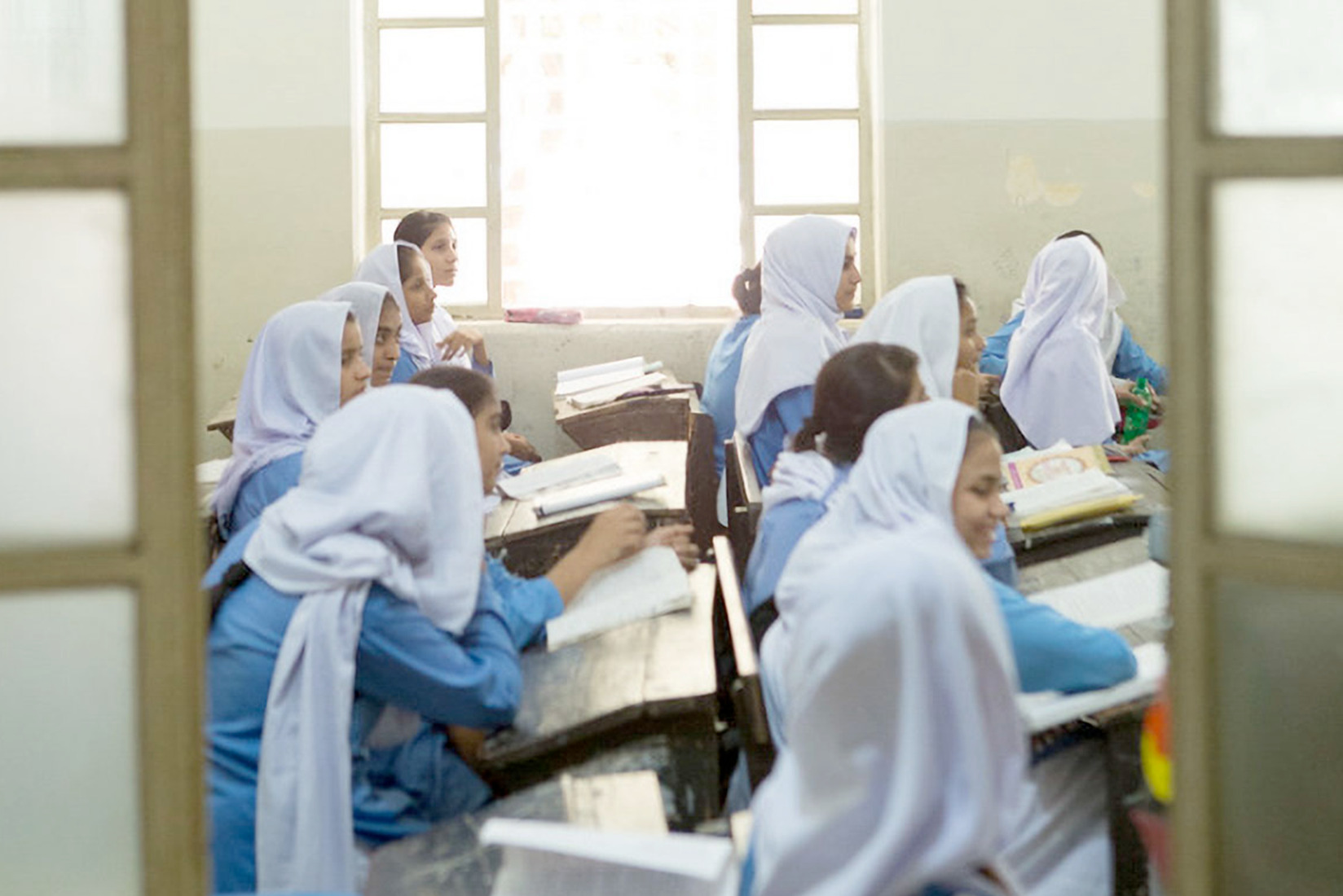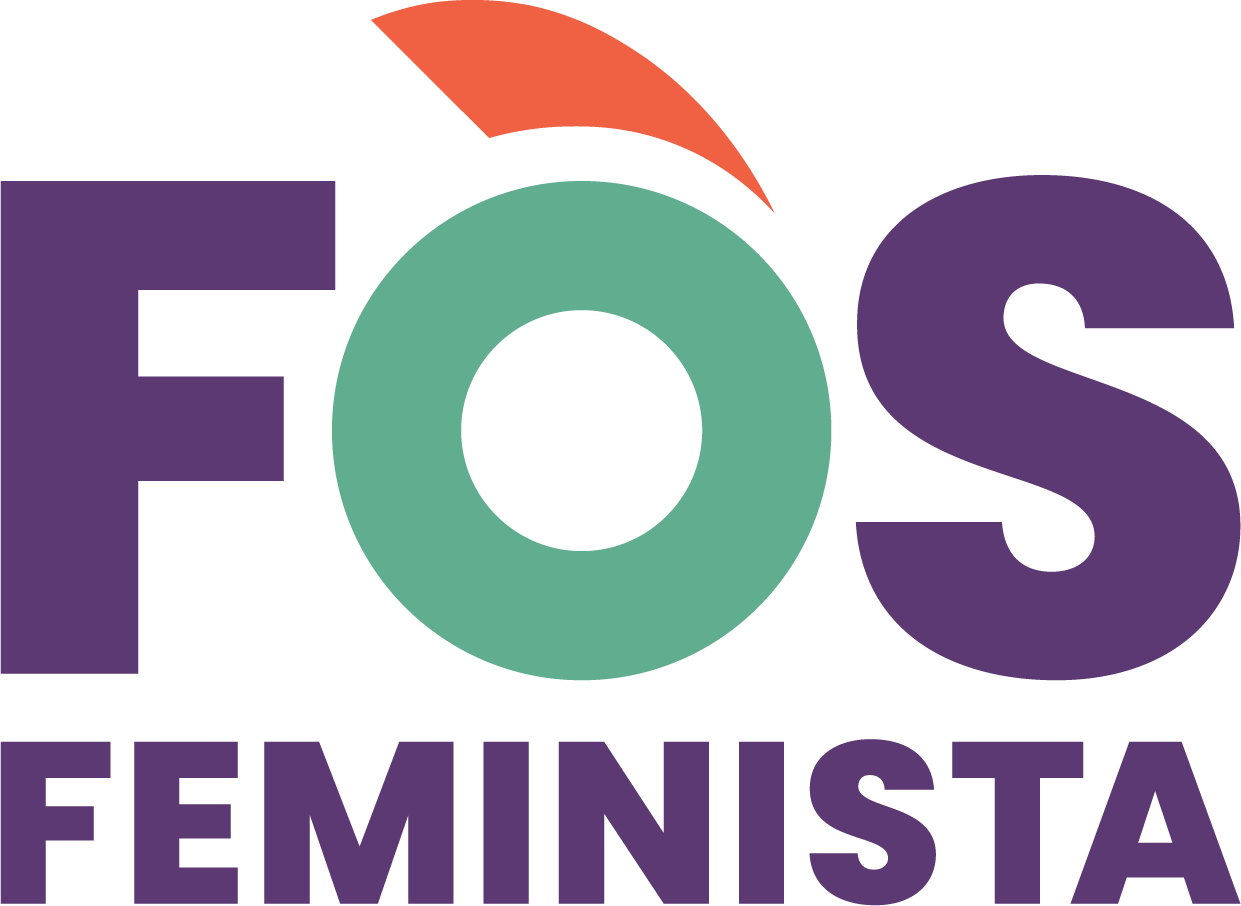
As the Taliban takeover in Afghanistan threatens girls’ access to education, Fòs Feminista’s partner in neighbouring Pakistan reaches girls with a comprehensive life skills curriculum, including SRHR.
Since seizing power in Afghanistan in August 2021, the Taliban has excluded girls from attending secondary school. Youth and education activists in neighboring Pakistan, such as education activist Malala Yousafazi, as well as the Pakistani government, have spoken strongly against the Taliban’s prevention of girls from accessing education, calling the decision ‘un-Islamic.’
However, while the Pakistani Prime Minister speaks publicly in support of girls’ education in Afghanistan, his own country continues to face challenges keeping girls in schools. The latest Global Gender Gap Report published by the World Economic Forum ranks Pakistan 153rd out of 156 countries on the gender parity index, just ahead of Afghanistan, Yemen, and Iraq. It also reports that fewer than half of Pakistan’s women are literate and only one in three attend high school.
Sheena Hadi, Executive Director of Aahung, a Fòs Feminista partner and Karachi-based organization, explains the link between girls’ exclusion from education and high rates of child marriage in Pakistan.
“When kept from school, [girls] are more susceptible to being married at a young age. The impact of child marriage can be devastating for child brides in terms of lost education and earning opportunities, as well as health risks when giving birth at a young age,” she says.
Aahung has been working to improve young people’s access to education in Pakistan since 1995. It has witnessed the difference that education makes in girls’ lives and has seen progress in regions previously under Taliban influence. Aahung has successfully engaged in advocacy work in Sindh Province and surrounding provinces to reform school curricula on such issues as self-esteem, gender and power, puberty, and reproductive health. They also partner with key actors in the reproductive health sector to enhance medical and nursing training curricula regarding adolescent reproductive health and rights.
With their local, on-the-ground experience, Aahung understands all too well the mutually reinforcing relationship that girls’ access to education has with their access to sexual and reproductive health, something that the COVID-19 pandemic has made strikingly apparent. Hadi explains,
“The pandemic has definitely affected women and girls more adversely, as there is a purported rise in gender-based violence. There is a greater need now, more than ever before, for the work that Aahung has been doing over the last 26 years.”
Despite their strong advocacy work, the socioeconomic context in Pakistan is complex, and Aahung knows the journey towards achieving accessible education and sexual and reproductive health for girls will continue to be challenging.
“Even though the road ahead is an uphill climb, we know we have our work cut out for us,” Hadi says. “We wish for the world to see how girls can be powerful agents of socio-economic change, and the first step is keeping them in school.”






